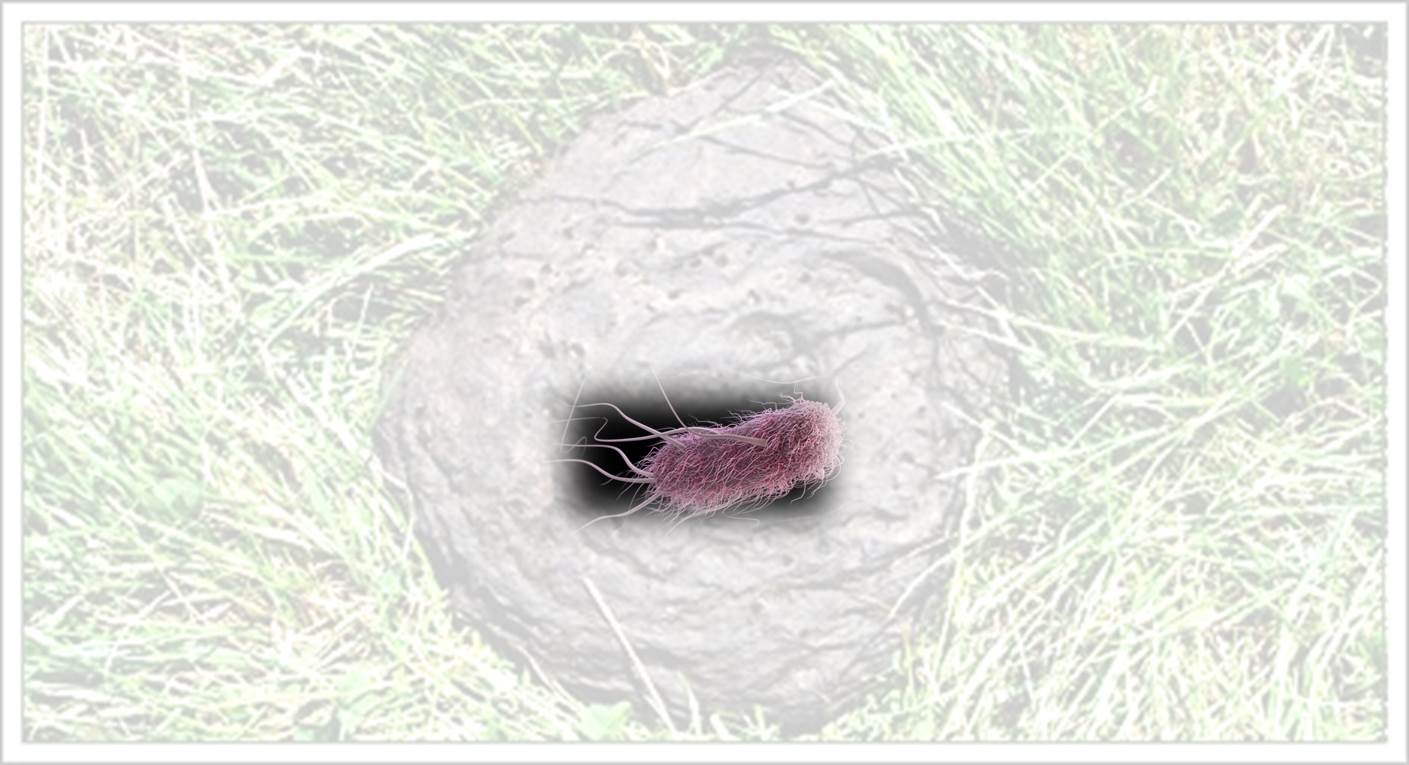 E. coli has been in the news again of late thanks to the Chipotle outbreak in the Pacific North West. Not only are such outbreaks expensive to business but they can sometimes prove deadly to consumers. E. coli, the pathogenic variety that is, can result from a number of sources along the farm to fork continuum.
E. coli has been in the news again of late thanks to the Chipotle outbreak in the Pacific North West. Not only are such outbreaks expensive to business but they can sometimes prove deadly to consumers. E. coli, the pathogenic variety that is, can result from a number of sources along the farm to fork continuum.
A large source of the problem lies in the tummies of infected warm blooded animals (e.g. cows, sheep, deer, etc.). Infected animals mean infected manure and when this infected manure is not properly aged or composted before being applied to soils, well then we get infected soils, which leads to infected plants which leads to more infected warm blooded mammals of the human variety. Not exactly the virtuous circle we’d like to promote.
There are preventive practices that can reduce this risk which include timing guidelines for manure application in line with harvest dates (e.g. do not apply 90 – 120 days before harvest), composting manure, animal barriers to fields, etc. I am happy to report that biochar is showing promise as being another means of mitigating the risk of spreading E. coli.
Research out of McGill University has shown that biochar amended soils can reduce leaching of fecal coliforms (translation: nasty stuff you do not want in your food or water supply) into ground water or surrounding local water bodies. Additional research out of the USDA’s Food Safety and Intervention Technologies Research Unit has shown that various different types of biochars can inactivate (meaning that plants won’t take up the bacteria) E. coli in certain types of soils amended with 10% biochar by weight. Prevention of uptake and leaching are both critical to keeping E. Coli out of the food chain.
Considering that that USDA’s Economic Research Service estimated the annual cost of E coli at nearly $480M, (73,480 infections including 61 deaths at an average cost per case of $6,510), perhaps it’s time to promote the biochar ‘soil-ution’ to farmers that apply manure to their fields. Not only can it help reduce pathogens and the related financial risk associated with finding E coli in your crops, but mixing in biochar with the manure will also help reduce odors and retains nutrients in soils longer.

